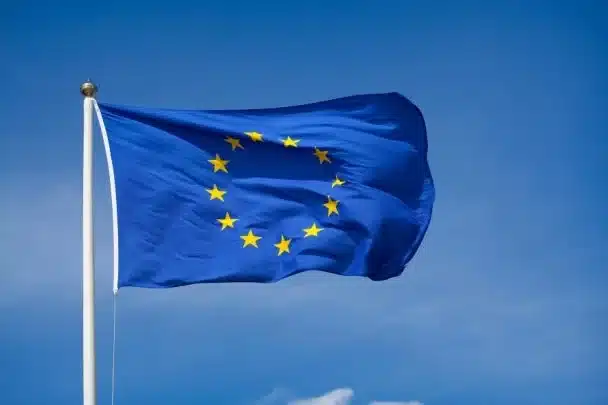Despite political rifts and shifting economic influence, the European Union continues to enjoy largely favorable views around the world, according to a new Pew Research Center survey released this month.
Across 25 countries — including both EU member states and nonmembers — a median of 62% of adults say they view the EU favorably. That sentiment spans continents, with particularly strong approval in countries like Sweden, Germany, the Netherlands, Canada, Nigeria, and South Korea.
Broad favorability, with a few exceptions
The survey shows high levels of support in most of the nine EU countries included. For instance:
Sweden, Germany, and the Netherlands each see favorability above 70%.Spain, Italy, Poland, France, and Hungary all register majorities who view the EU positively.Greece is the outlier in the bloc, where a majority now view the EU unfavorably, continuing a trend of skepticism since the country’s debt crisis era.
Outside of Europe, nonmember nations also express positive views:
Canada, Nigeria, South Korea, and Australia each show around 75% favorability.The U.S. and the UK (a former member) also show solid support, with more than 60% favorability.Views are more mixed in Argentina, Brazil, Israel, South Africa, and India, where favorability is closer to the 50% mark.
Turkey remains divided: 42% view the EU favorably, while 49% view it unfavorably — a reflection of long-stalled membership negotiations and geopolitical tensions.
Generational and ideological divides
The survey reveals younger adults are generally more supportive of the EU than older generations. In Hungary, for instance, 69% of adults under 35 hold favorable views, compared to just 46% of those 50 and older.
Political ideology also plays a significant role:
In Poland, there’s a 47-point gap between left-leaning (88%) and right-leaning (41%) individuals on EU favorability.In Germany, those opposed to the far-right Alternative for Germany (AfD) are 54 points more favorable toward the EU than AfD supporters.However, in countries like Nigeria, Japan, and South Africa, the right leans more pro-EU.The EU as an ally — and not an economic giant
When asked to name their country’s most important ally, respondents in several countries named the EU. It was among the top three answers in Hungary, Spain, and the UK, and frequently cited across much of Europe and in Canada.
Importantly, no more than 3% in any country saw the EU as a national threat.
But while the EU is well-liked politically, few see it as the global economic leader. Across 24 countries, just 9% identified the EU as the world’s top economic power — far below China (41%) and the United States (38%).
In 2008, 31% of Germans viewed the EU as the top economy. That number is now just 10%.A similar decline occurred in Spain and France.Interestingly, UK residents are more likely today than in 2012 to view the EU as the leading economic power (up from 3% to 14%).The bottom line
Despite internal challenges and external skepticism, the European Union continues to enjoy widespread international support. But its economic influence appears diminished in the eyes of global publics — and political divides within and outside Europe suggest the bloc’s image is far from uniform.
Get the latest headlines delivered to your inbox each morning. Sign up for our Morning Edition to start your day. FL1 on the Go! Download the free FingerLakes1.com App for iOS (iPhone, iPad).

